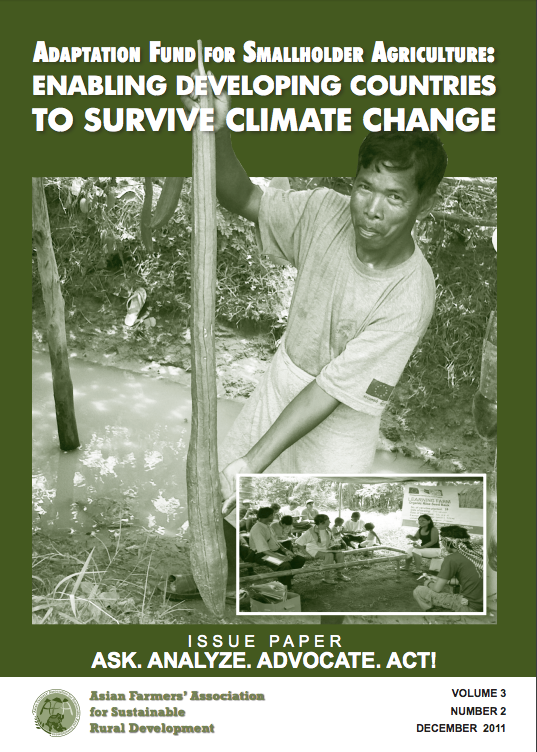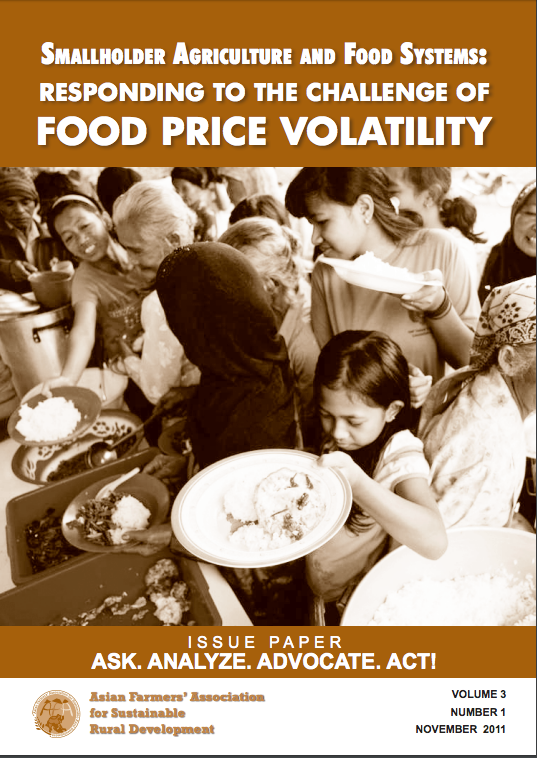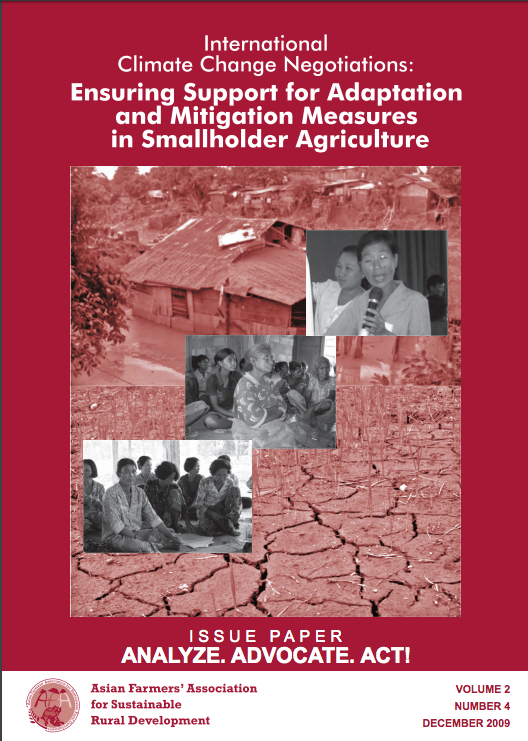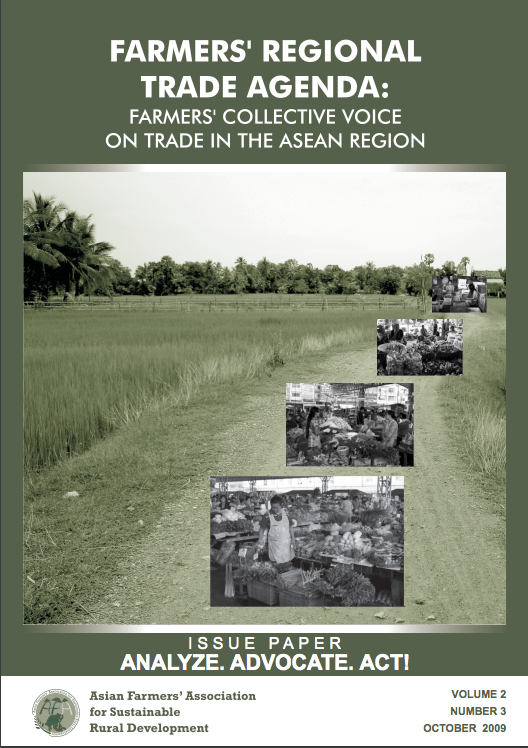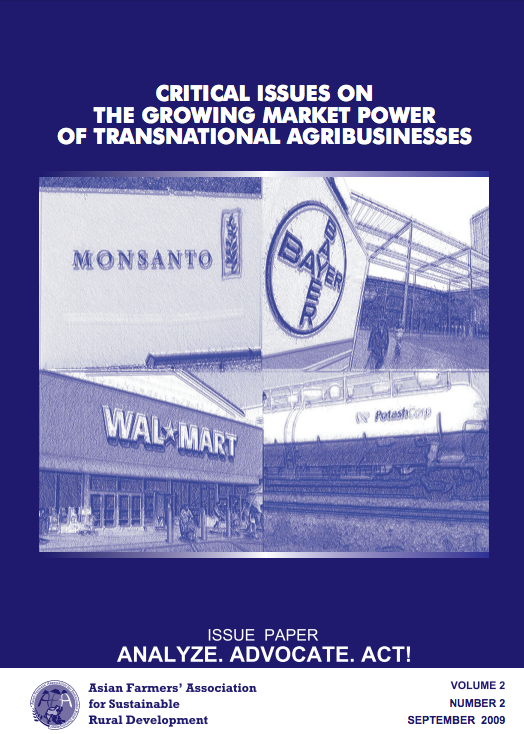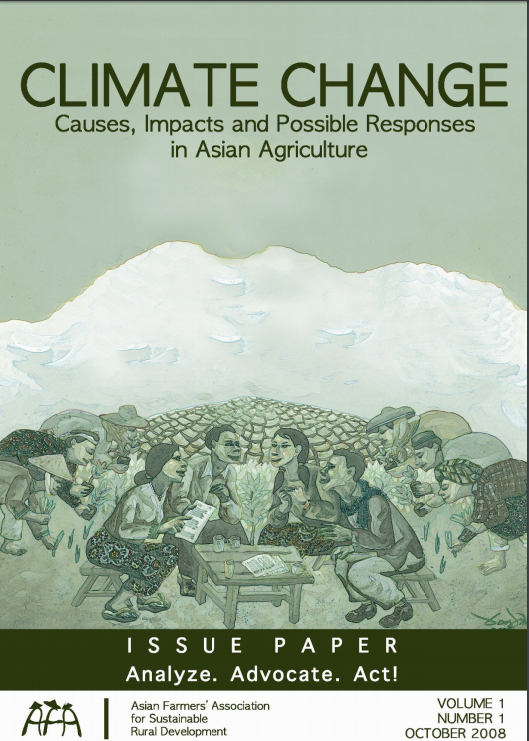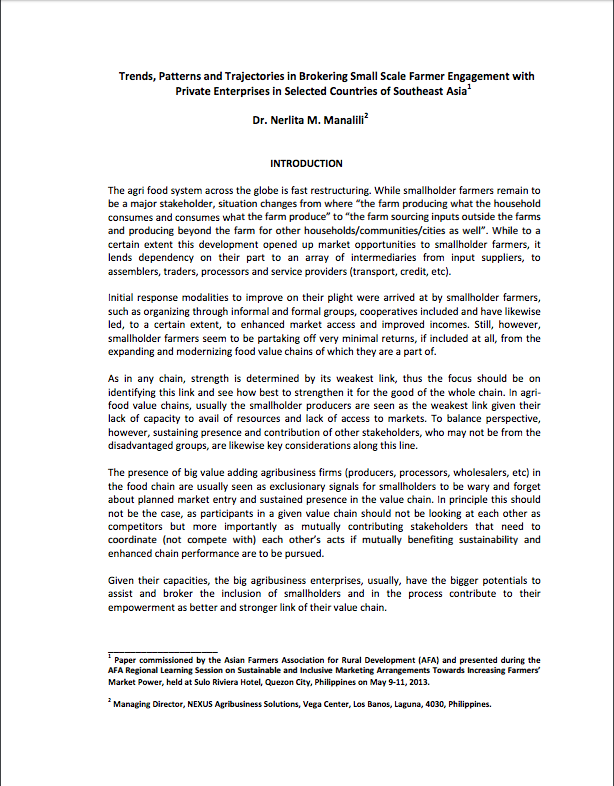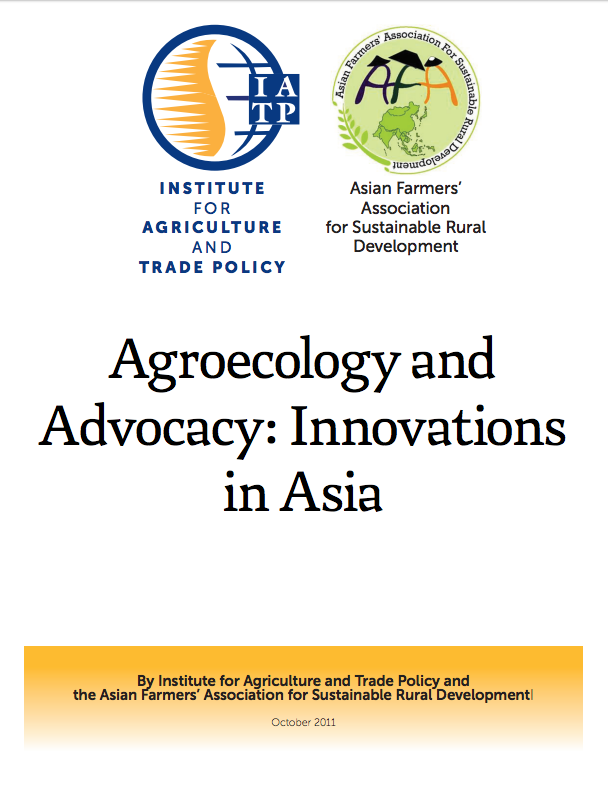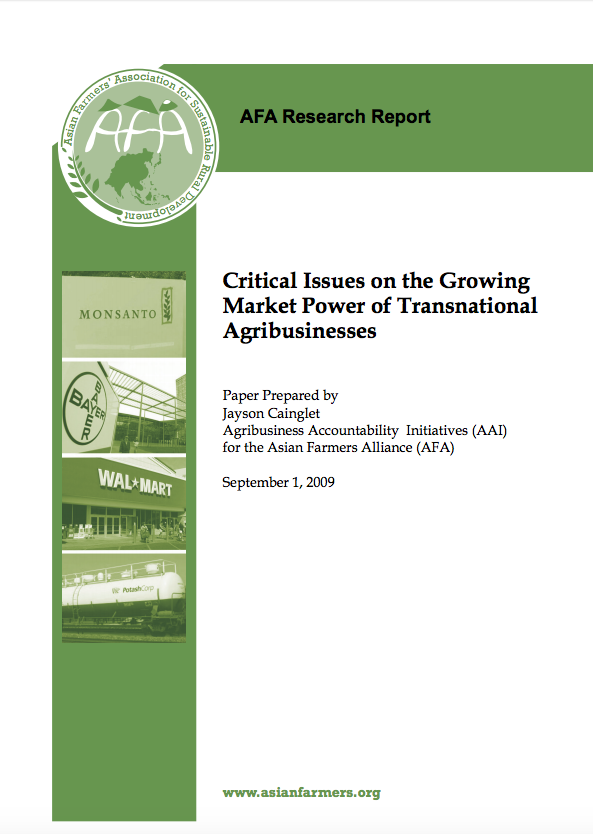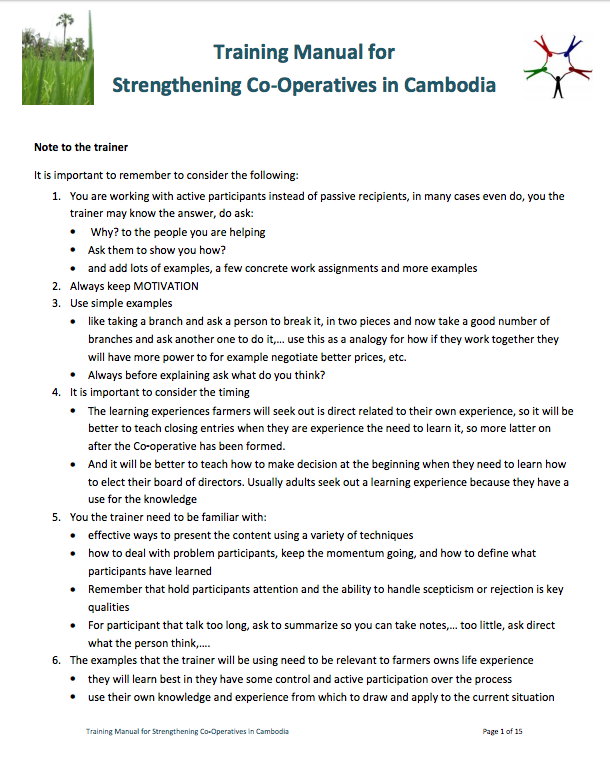Adaptation Fund for Smallholder Agriculture: Enabling Developing Countries to Survive Climate Change
All over Asia, small women and men farmers are experiencing extreme and intense weather events brought about by climate change. Almost all of them are caught unprepared by changing climate patterns: rains are heavier, storms and floods occur more often, dry seasons are more intense and last longer. They do not understand why this is happening. All they know is that they have to find a way to adapt to and survive these changes.

